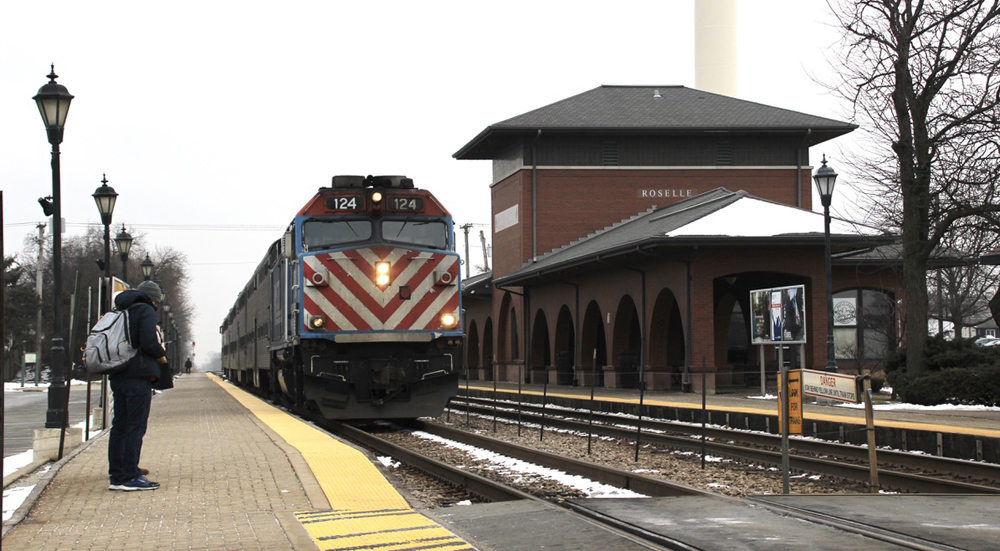
WASHINGTON – The impact of the Canadian Pacific-Kansas City Southern merger on Metra commuter operations is even worse than initially thought, the Chicago area commuter railroad has told federal regulators.
Changes to CP’s operations in the Chicago area as a result of the merger would cause up to a 1,200% increase in delays to commuter trains per 100 train-miles, Metra claims, based on a more detailed analysis using the amended operating plan CP and KCS submitted in May.
That’s triple the 400% increase in delays that Metra calculated based on information in the original CP-KCS operating plan.
Metra concludes that CP and KCS:
- Continue to exclude commuter and Amtrak traffic from their capacity analysis;
- Presume that available capacity on the Milwaukee District main line is “reserved exclusively for CP/KCS and fail to acknowledge Metra’s right to return to its pre-Covid passenger volumes;”
- Have not evaluated the impact of their operations on Metra or conducted Rail Traffic Controller simulations to determine whether their operating plan is feasible.
Metra says the capacity analysis that CP and KCS offer in support of their operating plan is “insufficient.” The agency also was critical of CP and KCS removing the growth of bulk-train traffic from their train count projections.
“Our RTC modeling reflects all future CP/KCS freight train volumes, regardless of whether CP/KCS attribute their projected existence to ‘transaction related’ or ‘organic’ growth, as well as all future passenger train volumes,” Metra’s consultants, Thomas Crowley and Robert Mulholland, wrote in a filing with the Surface Transportation Board last week. “Future freight train volumes will have an impact on future passenger services, and vice versa. CP/KCS made no effort to assess this in either their original or amended operating plan.”
CP has said that the impact of the CP-KCS combination is the only legitimate issue under review.
Meanwhile, the eight Chicago suburbs opposing the CP-KCS merger claim that the railways understate the projected increase of freight traffic on the double-track Elgin Subdivision that’s part of CP’s route linking Chicago with Kansas City, Mo.
The group includes Bartlett, Bensenville, Elgin, Itasca, Hanover Park, Roselle, Wood Dale, and Schaumburg, Ill., all towns along the Metra Milwaukee District West Line between Chicago and Elgin. Metra owns the trackage, which is dispatched by CP.
The Coalition to Stop CPKC notes that CP projects that the KCS merger will increase freight traffic on the route to 11 trains per day, up from the current average of three. But it now says the line could see an additional 6.6 trains per day, at least at the outset of the merger.
CP intends to shift north-south traffic currently interchanged in Chicago to a single-line CPKC route via its Marquette Subdivision in Iowa. Metra claims that the Marquette Sub lacks the capacity to handle the additional traffic, even with planned capacity increases on the line.
The Coalition to Stop CPKC claims this means that CPKC would run its new single-line traffic from the Twin Cities to Chicago and then from Chicago along the Elgin Subdivision toward Iowa and on to Kansas City.
“Adding these 6.6 trains to the 8.0 Applicants now state will be added over the next three years would mean the total number of freight trains running over the western end of the Elgin Subdivision could reach nearly18 trains per day where currently there are only around 3,” the coalition told the board. “This cannot be accomplished absent severe harm and disruption to the Coalition communities, and indeed it might not be operationally feasible in any event.”
The communities are seeking up to $9 billion worth of mitigation projects. Approval of the merger should be accompanied by conditions that include imposition of mitigation measures, elimination of any additional freight traffic on the western end of the Elgin Subdivision, and limits on train length on the Elgin Sub, the coalition has told the board.






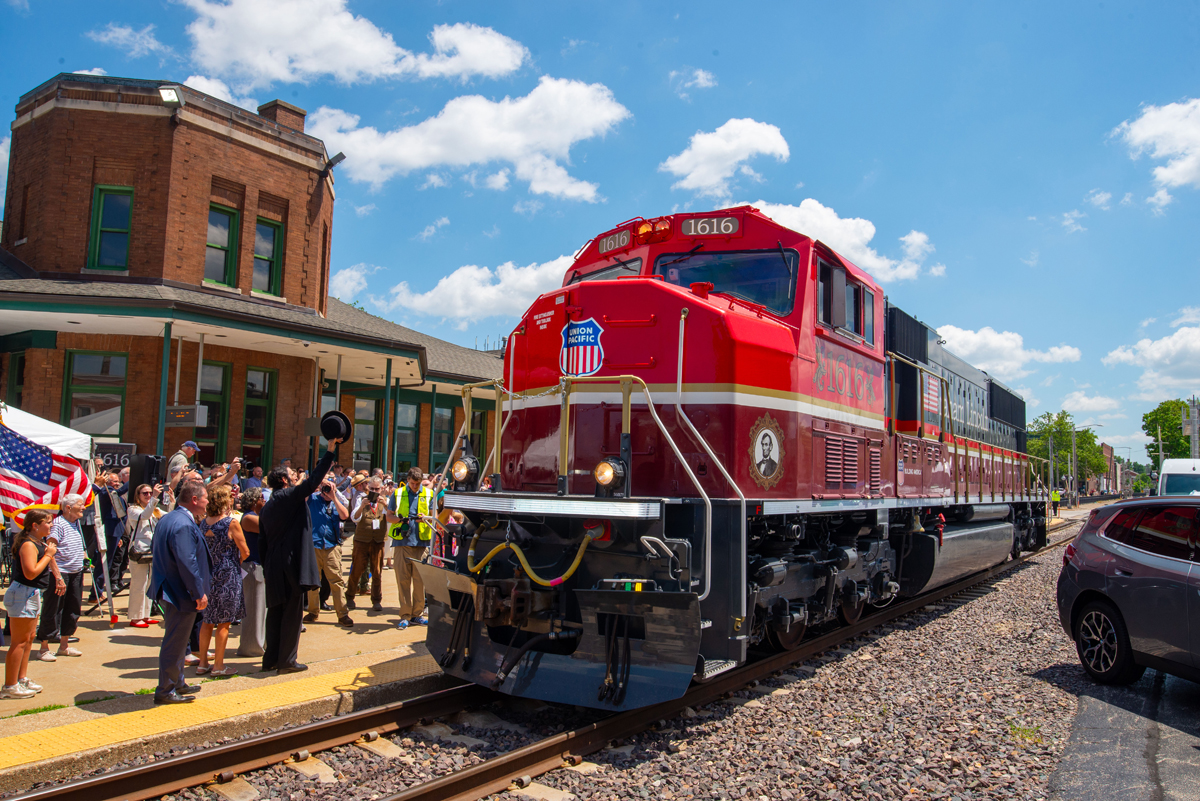
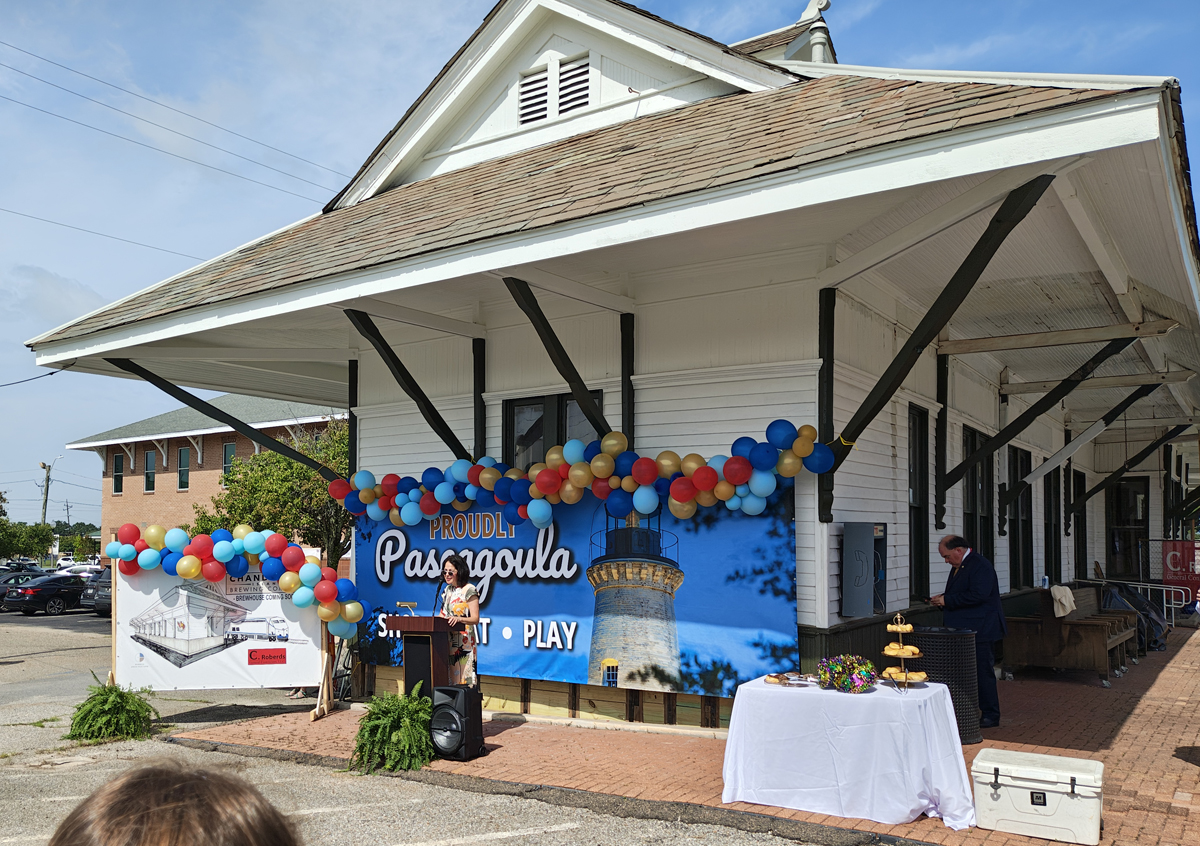
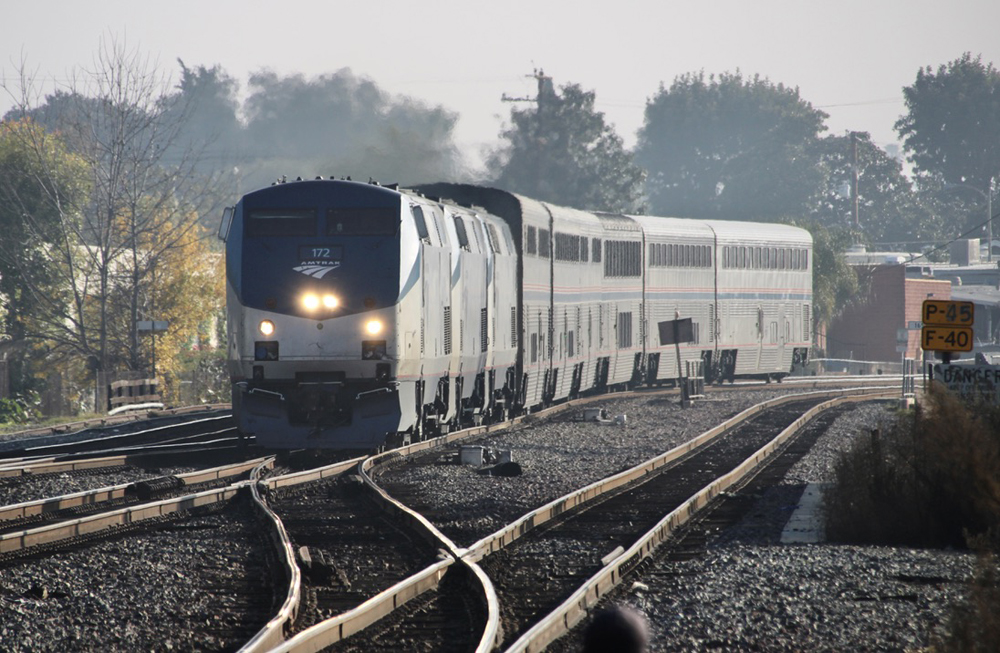
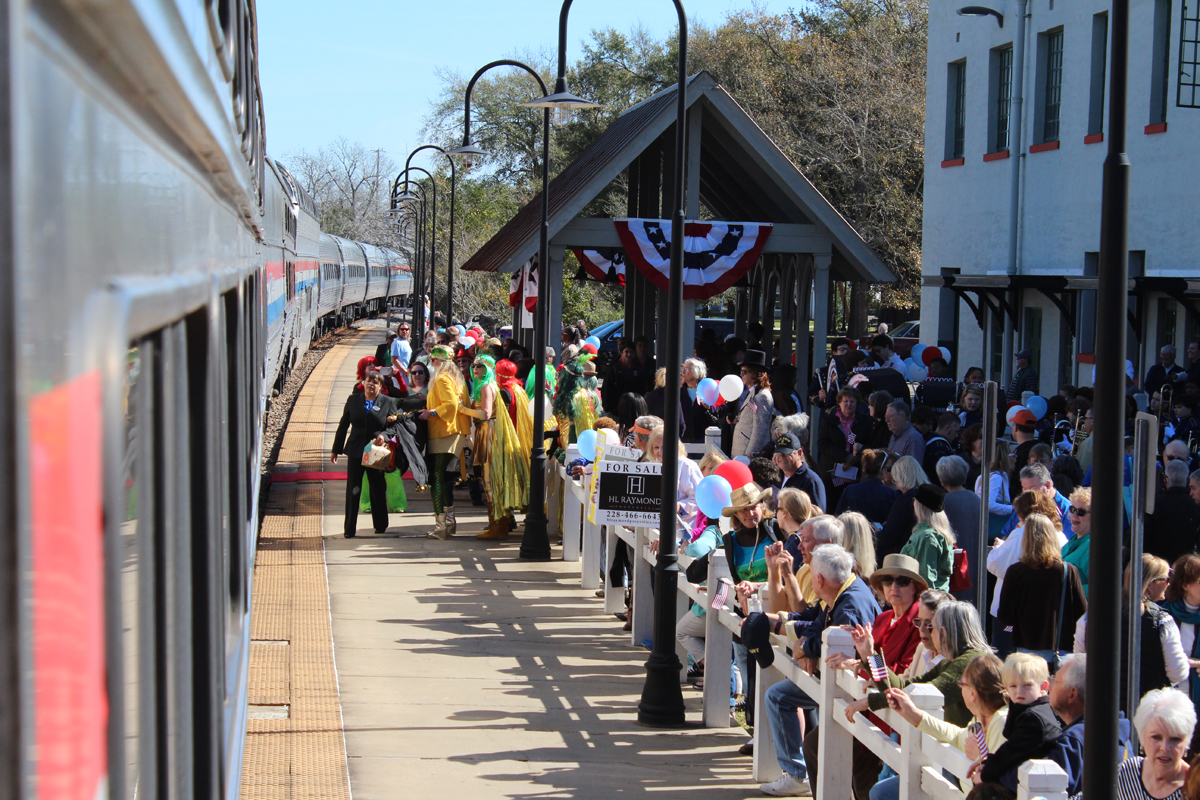




From the article: “The group includes Bartlett, Bensenville, Elgin, Itasca, Hanover Park, Roselle, Wood Dale, and Schaumburg, Ill., all towns along the Metra Milwaukee District West Line between Chicago and Elgin. Metra owns the trackage, which is dispatched by CP.”
Perhaps (part of) the solution would be for Metra to take over dispatching?
Looks like all parties will be going before the Board. Schaumburg shouldn’t even be in this discussion. They have a METRA station and Rodenburg Road is down a 1/4 mile or so. Rodenburg has backed up any time a train has gone by for 100 years now, add in increased capacity over the years. Residents around Rodenburg have asked the Village along with Roselle to make improvements to that crossing for 20 years or so now. They built tons of houses and warehouses but never improved the road. Hanover Park has no road that would be affected so they should just get out of the conversation too, but Rodney King is on the METRA Board.
And everyone pays for congestion with higher building and maintenance costs, in addition to the costs of slower traffic. The Borman Expressway of 80/94 is a prime example.
The trucking industry can increase their business all they want which increases highway congestion. How come no one complains?
And everyone pays for congestion with higher building and maintenance costs, in addition to the costs of slower traffic. The Borman Expressway of 80/94 is a prime example.
18 trains/day?! OMG! Complete gridlock! Absolutely rediculous. How about you build your own right-of-way for Metra instead of telling a private company how they can or can’t use their property that they built, maintain, oh and pay you property taxes for!
According to the above “Metra owns the trackage, which is dispatched by CP.” 18 trains a day is still a major change for this line yet only 10 years ago you could see up to 8 trains a day and in the 80’s this line saw 20+ trains a day. lower on weekends.
Metra bought the Milwaukee Road North and West lines as part of the bankruptcy process in 1985-86. Soo Line and now parent CP have never directly owned the line. I agree 18 trains is not a nightmare if well-thought out. Your comment about the line being private property is misguided and inaccurate.
Mr. Richards, the Metra Milwaukee West Line, aka the CP Elgin Subdivision, is not CP’s property at or east of Big Timber Road depot. Metra is the track owner and is responsible for all engineering functions (track and signal). From where did you get the info that the line is owned by CP? Yes, CP dispatches the route from its Minneapolis Dispatching Center by virtue of agreements made during the Milwaukee Road bankruptcy proceedings
I posted on the Metra assumptions earlier about a future CPKC routing plan. The issue is if CPKC has a problem with the Iowa routing and direct traffic to the north route into Chicago and the consist has to reach Clearing, they have to tie up a track at Cragin and do a backup move, a track that is heavily used by Metra.
Now many would say, what could possibly happen in Iowa to mess up CPKC beside a derail event? Well that route is at water level along the Mississippi and when it floods, CPKC tracks will go under water and is limited to 5mph operation.
Running a PSR type consist at 5mph for several 10’s of miles can cause an overall system problem.
I suggested that CPKC take over the UP Cragin Industrial Sub, put the bridge back in over the shared CPKC/Metra tracks so that traffic destined for Clearing will never see the Elgin Sub. If they redirect traffic to Bensenville using the existing wye at Cragin, they can tunnel the wye under the Metra tracks to put traffic directly in a siding currently used by CP for the backup moves to Clearing. Since the backup moves would disappear, this reassigns it for a similar purpose and not block Metra traffic.
As for congestion between Bensenville to Elgin relative to Metra, its a question about the size of the consist and ingress/egress of the yard. If a 100% clear passing track for Metra could be established so that if a CPKC is dragging its butt into the yard, Metra can pass uninhibited. Most likely using an underpass (which is easier for Metra to navigate)
As for the traffic further west of Bensenville, they will have to shift them to the twilight zone and do lots of night runs to get them out of Bensenville to KC with the least amount of interference. It is double track to Elgin so they can plan off-peak dispatching with Metra’s schedule. During the morning rush, use the north track and during the evening rush use the south track.
Will this cost $9 billion? No. I would think more in the hundreds of millions to build the needed bridge and underpasses.
What bridge at Cragin? There was a diamond foe over 100 years that UP took out after the C&NW takeover. North of Cragin the tracks exist, but are largely out of service.
The bridge at Cragin over CP as you noted was removed by UP. But the bridges over Grand & North Ave are still there. I am saying to put a bridge back in and connect the line with the tracks they use to reach Clearing. The lead currently ends at Armitage and the land is vacant right up to the CP tracks. The lead still serves the Alpha Bakery on Palmer delivering flour and vegetable oil. The CP tracks cross the lead at grade at Irving Park Road.